Dorset Coastal Erosion: Nature Should Be Allowed To Take Its Course
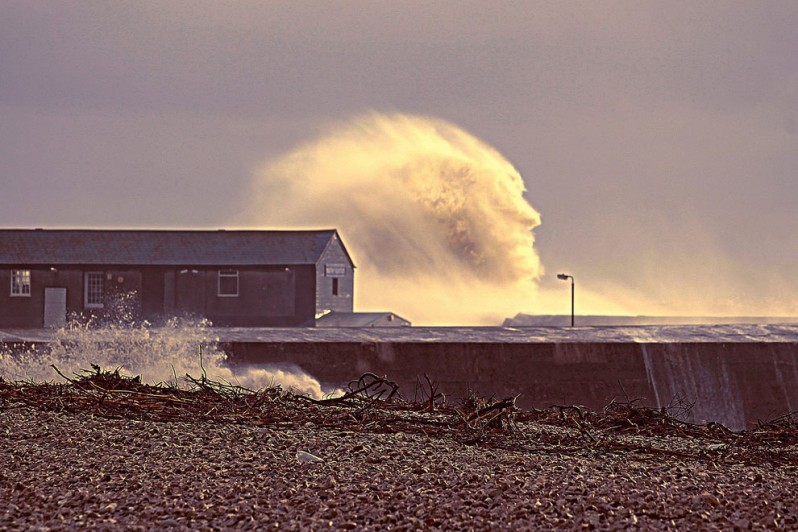
The National Trust has suggested that the best strategy in some cases is simply to allow nature to run its course…
Ocean Acidification Robs Reef Fish Of Their Fear Of Predators
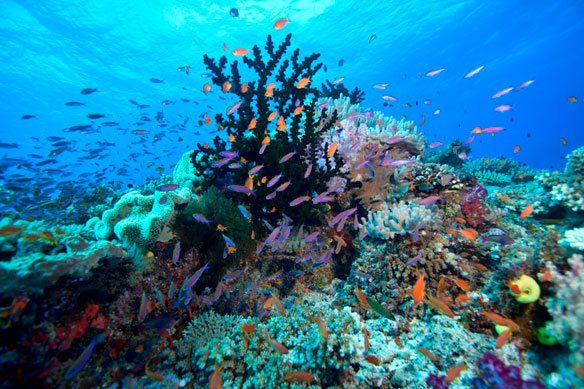
Research on the behavior of coral reef fish at naturally-occurring carbon dioxide seeps in Milne Bay in eastern Papua New Guinea has shown that continuous exposure to increased levels of carbon dioxide dramatically alters the way fish respond to predators.
On Fracking Front, A Push To Reduce Leaks of Methane

Scientists, engineers, and government regulators are increasingly turning their attention to solving one of the chief environmental problems associated with fracking for natural gas and oil – significant leaks of methane, a potent greenhouse gas.
Future-Proof UK Coastal Areas Against Rising Sea Levels
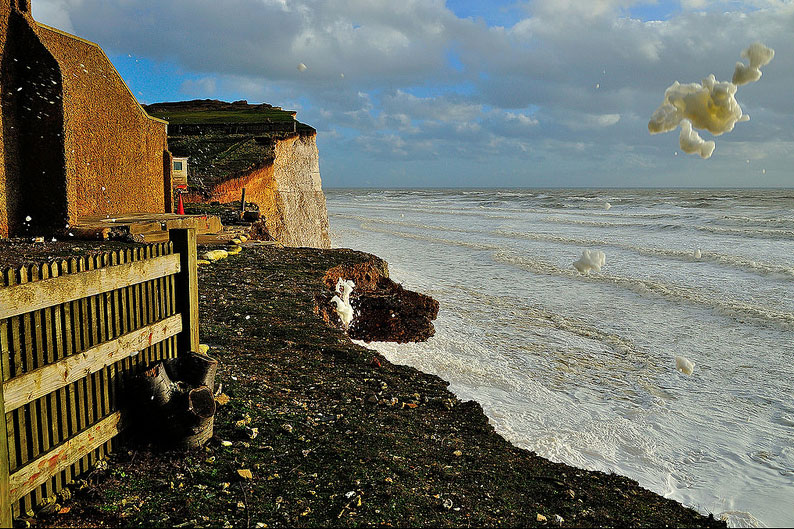
A clear national strategy is “urgently needed” to help future-proof coastal areas from rising sea levels and extreme weather, according to a report published by the National Trust, UK’s biggest coastal owners.
Along Jersey Shore, Towns Build Sandcastle Dunes
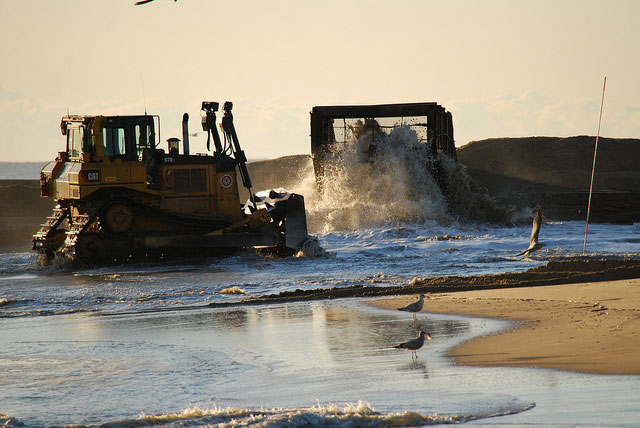
The hills of sand are supposed to act as fortresses that protect Jersey Shore communities from the ravages of the sea. But unless the sand can be stabilized by vegetation, one municipal engineer said, “They disappear like children’s sand castles at the end of the day.”
Arctic Sea Ice Maximum 2014
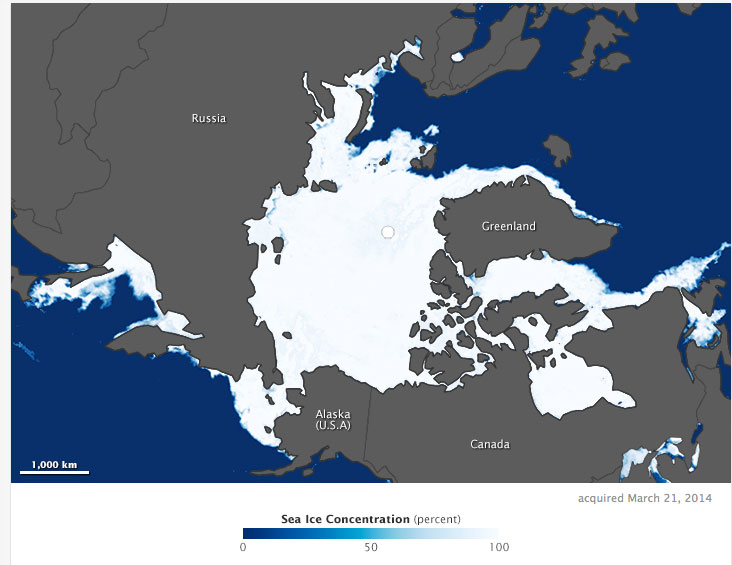
Arctic sea ice reached its annual maximum on March 21, 2014. And while the year was not extraordinary—the fifth lowest extent in 36 years of satellite records—the trend continues to be.
Beach Sand Mining in Monterey Bay Causes a Dustup
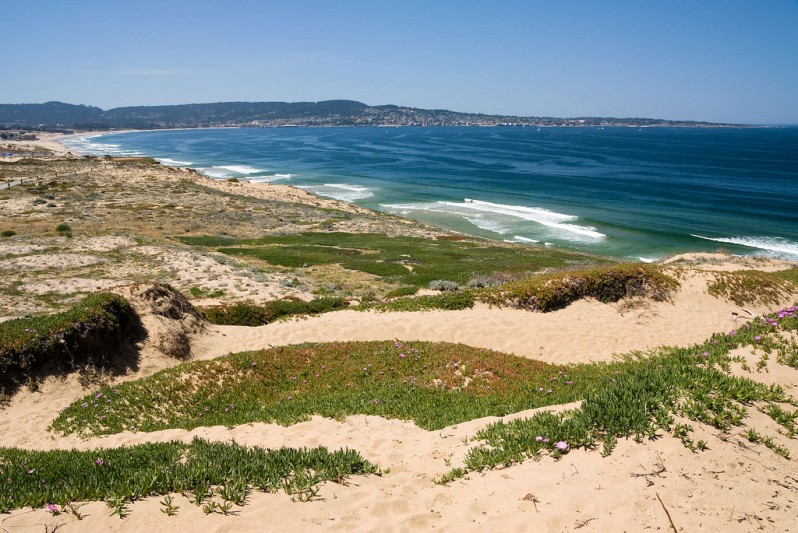
California’s Monterey Bay boasts one of the nation’s most protected coastlines, situated within a federal sanctuary that imposes bans on everything from Jet Skis to offshore drilling. Yet most days, hundreds of tons of sand are harvested from one of its most picturesque beaches, in a mining operation now coming under increased state and local scrutiny.
Wildlife Still Suffers Four Years After BP Oil Spill
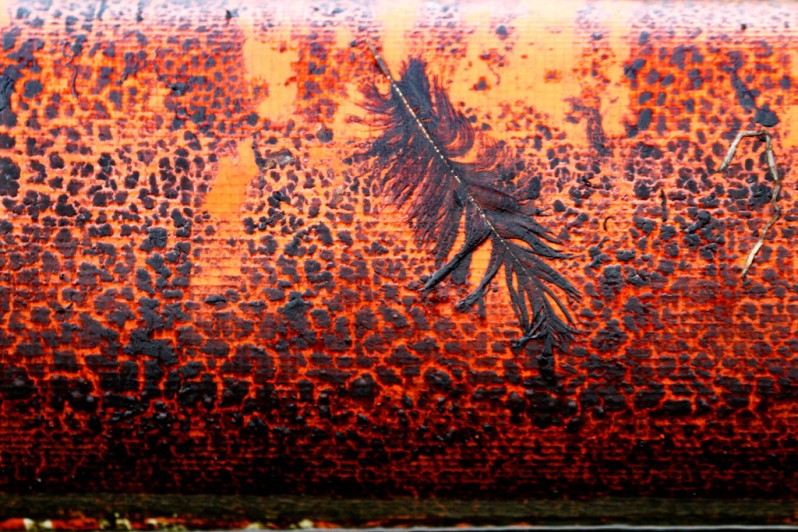
A report issued by the National Wildlife Federation summarized recent scientific studies on 14 different types of creatures affected by the spill.
Alluvial Fan in Kazakhstan
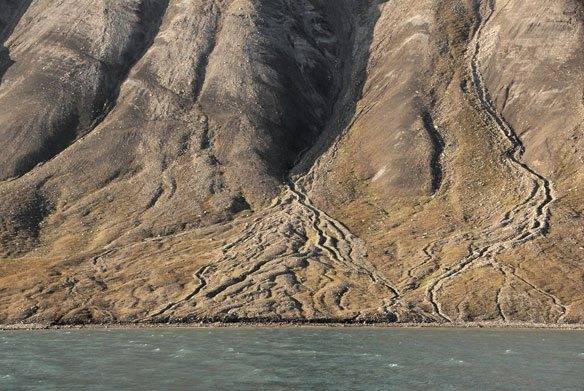
Mountain streams are usually confined to narrow channels and tend to transport sizable amounts of gravel, sand, clay, and silt, material that geologists call alluvium.
